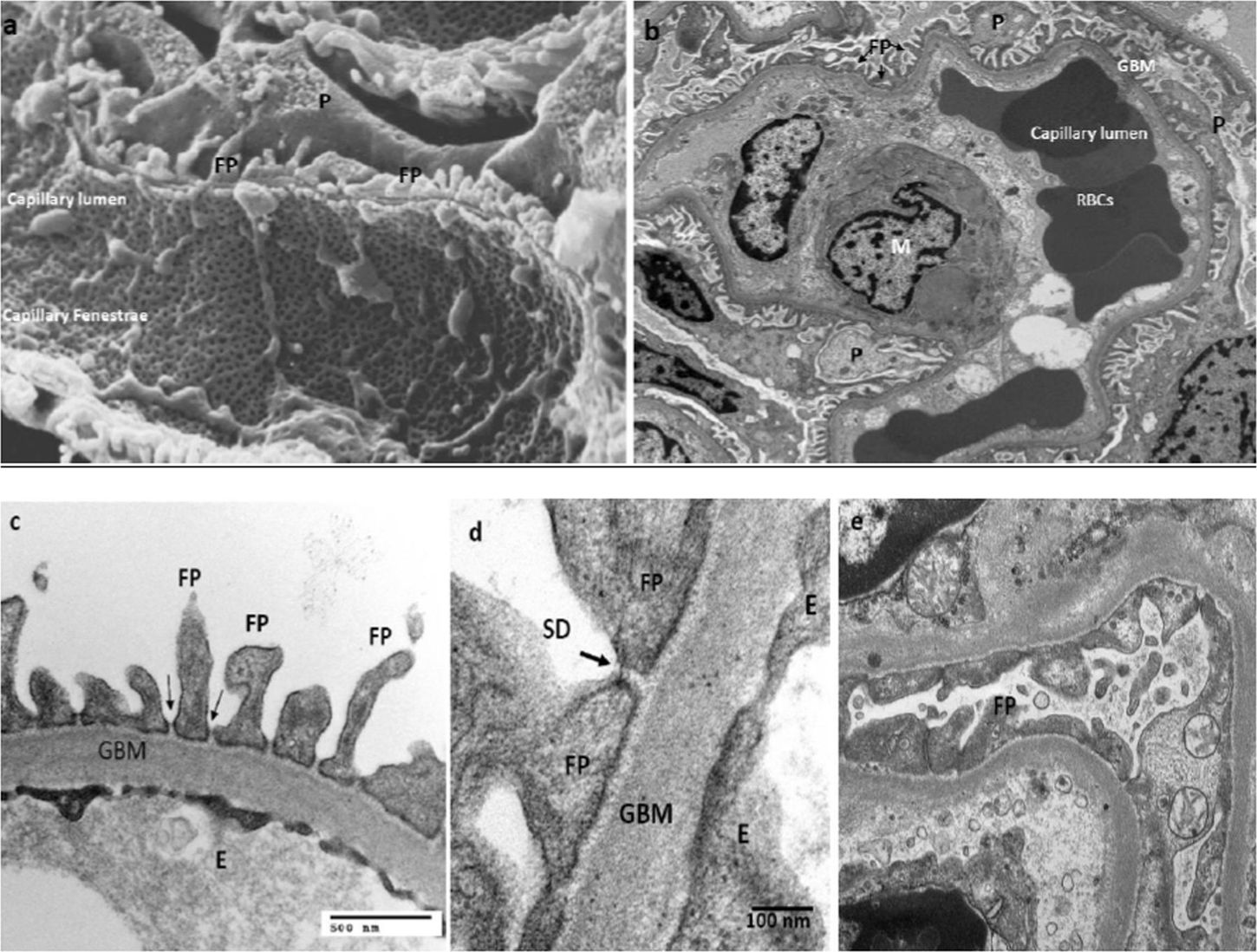
Congenital Nephrotic Syndrome is a rare kidney disorder present at birth. It causes the kidneys to leak large amounts of protein into the urine. This condition often leads to swelling, weight gain, and other health issues. Babies with this syndrome usually show symptoms within the first three months of life. Early diagnosis and treatment are crucial for managing the condition. Treatment options include medications, dietary changes, and sometimes surgery. Understanding this condition can help parents and caregivers provide better care for affected infants. Here are 20 facts to help you grasp the essentials of Congenital Nephrotic Syndrome.
What is Congenital Nephrotic Syndrome?
Congenital Nephrotic Syndrome (CNS) is a rare kidney disorder that presents itself within the first three months of life. This condition affects the kidneys' ability to filter waste and excess fluids from the blood, leading to a variety of health issues.
-
Genetic Origins: CNS is often caused by genetic mutations, particularly in the NPHS1 gene, which encodes the protein nephrin. Nephrin is crucial for the kidney's filtering units, called glomeruli.
-
Early Onset: Symptoms typically appear within the first three months of life, making early diagnosis critical for effective management.
-
Protein Loss: One of the hallmark symptoms is proteinuria, where large amounts of protein are lost in the urine. This can lead to swelling and other complications.
-
Edema: Due to the loss of protein, fluid accumulates in tissues, causing swelling, particularly in the face, abdomen, and limbs.
Symptoms and Diagnosis
Understanding the symptoms and how CNS is diagnosed can help in managing the condition more effectively.
-
Foamy Urine: The presence of excess protein in the urine often makes it appear foamy or frothy.
-
Poor Growth: Infants with CNS may experience poor growth and development due to the loss of essential proteins and nutrients.
-
Frequent Infections: The loss of proteins that help fight infections can make infants more susceptible to illnesses.
-
Blood Tests: Diagnosis often involves blood tests to check for low levels of albumin and other proteins.
-
Genetic Testing: Confirming the diagnosis usually requires genetic testing to identify mutations in the NPHS1 or NPHS2 genes.
Treatment Options
While there is no cure for CNS, various treatments can help manage the symptoms and improve quality of life.
-
Medications: Corticosteroids and other immunosuppressive drugs are often used to reduce protein loss and inflammation.
-
Diuretics: These medications help reduce swelling by removing excess fluid from the body.
-
Albumin Infusions: Regular infusions of albumin can help maintain protein levels in the blood.
-
Nutritional Support: A high-protein diet and supplements can help address nutritional deficiencies.
-
Dialysis: In severe cases, dialysis may be required to remove waste products and excess fluid from the blood.
Long-term Management
Managing CNS is a lifelong commitment that involves regular monitoring and adjustments to treatment plans.
-
Regular Check-ups: Frequent visits to a nephrologist are essential for monitoring kidney function and adjusting treatments as needed.
-
Family Support: Emotional and psychological support for the family is crucial, as managing CNS can be challenging.
-
Transplant Options: Kidney transplantation may be considered for some patients as a long-term solution.
-
Vaccinations: Keeping up with vaccinations is important to prevent infections, which can be more severe in children with CNS.
-
Physical Activity: Encouraging light physical activity can help improve overall health and well-being.
-
Research and Trials: Ongoing research and clinical trials offer hope for new treatments and better management strategies in the future.
Final Thoughts on Congenital Nephrotic Syndrome
Congenital Nephrotic Syndrome is a rare but serious condition affecting newborns. Understanding its symptoms, causes, and treatment options can make a big difference in managing the disease. Early diagnosis is crucial for better outcomes. Genetic testing helps identify the condition, and treatment often involves medications, dietary changes, and sometimes surgery.
Parents and caregivers should stay informed and work closely with healthcare providers to ensure the best care for affected children. Support groups and resources can offer valuable assistance and emotional support.
By spreading awareness and knowledge about Congenital Nephrotic Syndrome, we can help improve the lives of those affected and their families. Remember, staying proactive and informed is key to managing this challenging condition.
Was this page helpful?
Our commitment to delivering trustworthy and engaging content is at the heart of what we do. Each fact on our site is contributed by real users like you, bringing a wealth of diverse insights and information. To ensure the highest standards of accuracy and reliability, our dedicated editors meticulously review each submission. This process guarantees that the facts we share are not only fascinating but also credible. Trust in our commitment to quality and authenticity as you explore and learn with us.


